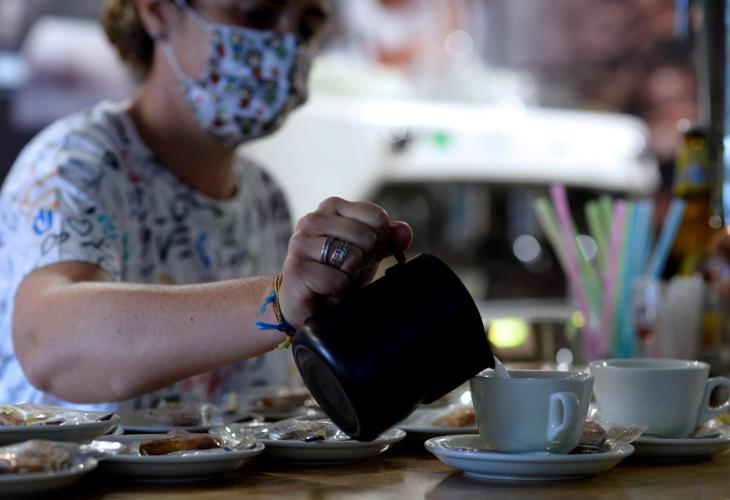The promotion of mental health is positioned as a prominent priority in the field of occupational risk prevention.

Information from Spain. The Balearic Occupational Health Strategy for the period 2023-2027 has as a priority focus the care of mental health, intensifying the control of psychosocial environments that may be harmful to workers. Together with ergonomics, these two aspects are considered fundamental areas in terms of occupational health, identified as outstanding development needs that will be addressed with priority in occupational risk prevention plans in the coming years.
The objective of this new roadmap is to "reduce accidents and occupational diseases through a comprehensive approach to health in work environments."
The latest work plan managed to reduce accidents by 7.5% compared to 2019 and more than 20% since 2017, improving working conditions in highly affected sectors such as construction and hospitality. The councilor highlights that "work safety has been especially deepened in industrial sectors, such as equipment and chemical agents, which has allowed accidents to be reduced. "If you visit a factory or a construction site, you will see that it has nothing to do with what it was ten years ago."
The increasing societal focus on ergonomics issues and psycho-healthy work environments will be reflected in the new planning document. "These are the two aspects that must have greater development in the coming years, and that is the roadmap that we are all drawing up together," says Negueruela, emphasizing that "they are already contemplated in the regulations, but there has been a lack of greater development by both companies and public organizations.
In this sense, ergonomic aspects, which often have a gender component, have been addressed through actions such as the implementation of adjustable beds to facilitate the work of housekeepers. Regarding mental health, psychosociology teams have provided care to 480 people who have faced occupational risks related to this area. This problem also reflects a significant gender gap, since 70% of the people served were women (with an average age of 44 years) and 30% were men (with an average age of 47 years).
A document has been prepared that includes 122 measures grouped into seven strategic objectives, many of which focus on creating healthy physical and psychosocial environments. These measures include individualized attention programs for workers and training workshops on positive management of work teams. In addition, we will seek to advance the recognition of occupational diseases related to mental health, establish an Occupational Diseases Unit at IBASSAL with specific collaboration protocols with companies and develop research projects on the effects of job insecurity on health. mental, especially in terms of time, pace and workload.


